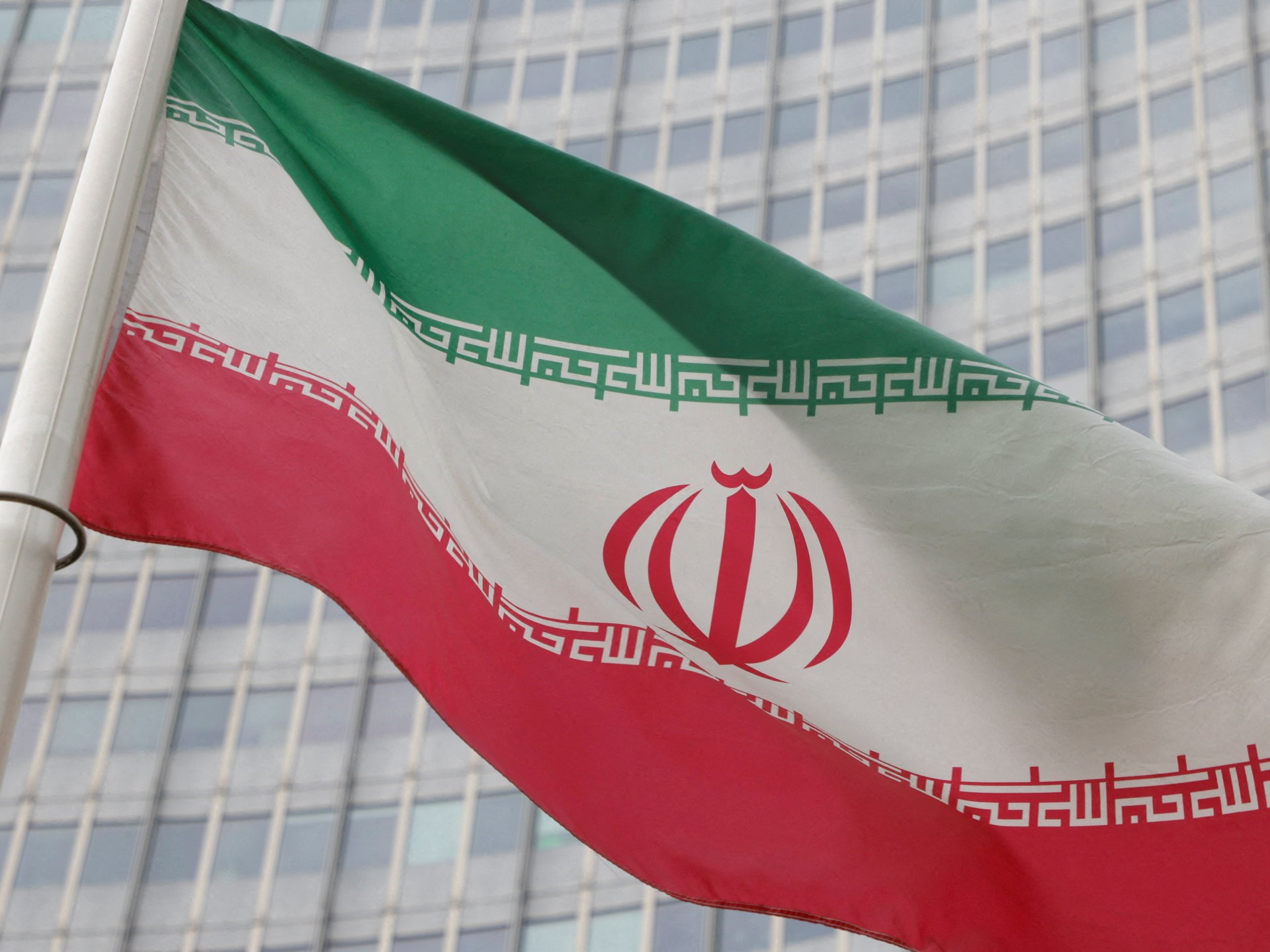Iran to reveal significant collection of secret documents related to Israel in upcoming announcement.

Iran’s Intelligence Minister, Esmail Khatib, recently announced that sensitive documents pertaining to Israel’s nuclear facilities and its international relationships will soon be made public. This revelation comes at a time of heightened tensions in the region, with Khatib characterizing the materials as a “treasure trove” that could bolster Iran’s defensive capabilities. However, he did not provide immediate evidence to substantiate this claim.
The Israeli government, which has historically maintained secrecy regarding its nuclear arsenal—reported to be the only one in the Middle East—has yet to respond to these allegations concerning leaked documents. Amid ongoing conflicts, there have been reports of arrests of Israelis accused of espionage for Iran, leading to speculation about the origins of these sensitive documents. This is further compounded by a hacking incident last year at an Israeli nuclear research center that may be related to the current situation.
Khatib discussed the meticulous operations involved in retrieving these documents, emphasizing that the process has been both time-consuming and shrouded in secrecy. “Describing the volume of these documents as thousands would be an understatement,” he stated, noting that they have now been relocated to secure sites.
The disclosure of these documents is part of a longstanding pattern of covert exchanges between Iran and Israel, where each nation has accused the other of various transgressions. Iran has alleged that Israel has engaged in the assassination of its nuclear scientists, while Israel accuses Iran of supporting armed factions that threaten its security.
In April 2024, the situation escalated briefly when Iran executed retaliatory strikes following Israeli bombardments targeting its embassy in Damascus. Despite the tensions, an outright war was avoided, aided by U.S. diplomatic intervention, urging Israel to hold off on military actions aimed at Iranian nuclear sites as negotiations continue.
The international community is also focusing its attention on Iran’s nuclear program, especially following a recent report from the United Nations nuclear watchdog that indicated Iran may be involved in undisclosed nuclear activities. As a result, Tehran may face scrutiny from the International Atomic Energy Agency’s Board of Governors.
While Iran has consistently asserted that its nuclear ambitions are aimed solely at peaceful and civilian applications, the ongoing discussions with the United States regarding a potential nuclear deal remain fraught. Supreme Leader Ayatollah Ali Khamenei has strongly rejected U.S. proposals to limit Iran’s uranium enrichment, describing them as contrary to the country’s national interests. This impasse reflects the complex nature of both regional dynamics and international negotiations concerning Iran’s nuclear strategy.
Ultimately, the developments encapsulate a pivotal moment that could redefine the relationships and power structures within the Middle East, as Iran navigates its position amidst ongoing geopolitical challenges.
#MiddleEastNews #PoliticsNews






